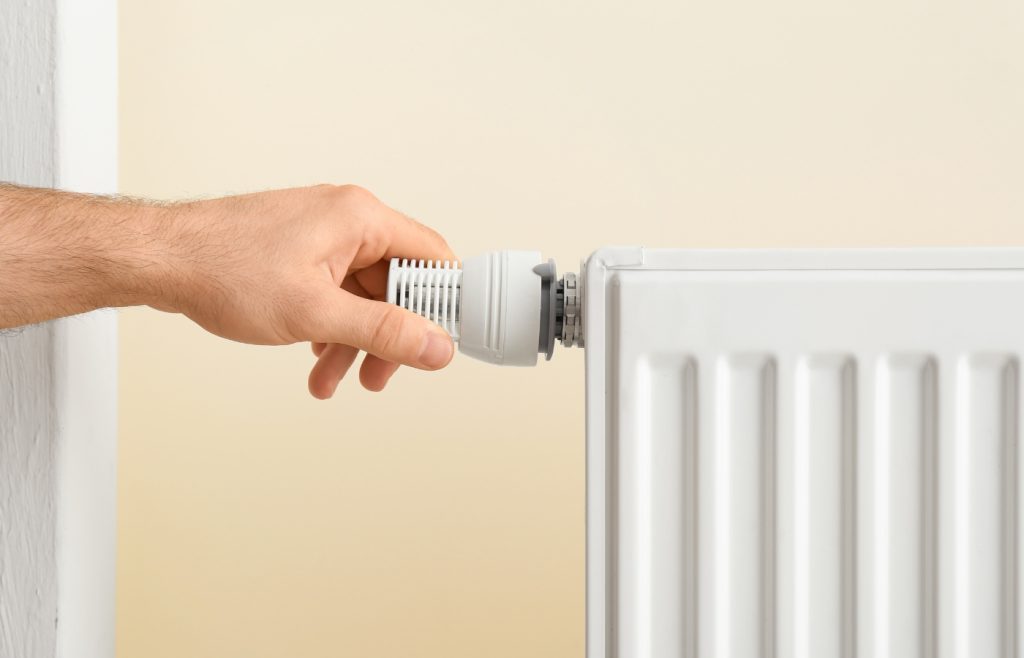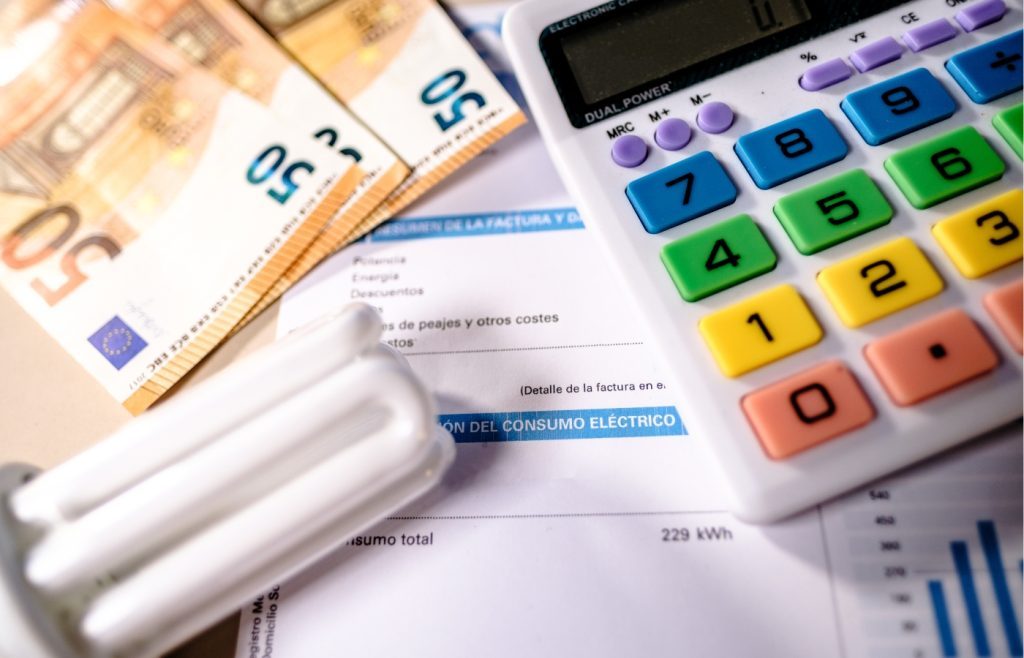The rise in energy prices is prompting us to rethink our consumption habits. Simple actions can significantly reduce our bills while maintaining our comfort. Here are some practical tips to save energy in your daily life.
1. Optimize the Temperature of Your Home
Heating accounts for the largest share of a household’s energy expenses, approximately 66%. Smart temperature management is therefore the primary source of savings.
Experts recommend maintaining a temperature of 19°C in living spaces. Bedrooms can be set to 17°C, while less frequented areas like the pantry can go down to 16°C.
Reducing the temperature by just one degree can lead to 7% savings on your bill. Setting up a heating schedule allows you to lower the temperature during your absences and raise it before you return home.

2. Preserve Heat in Your Home
To maintain a comfortable temperature without wasting energy, a few simple habits can be effective. Closing shutters and curtains at night creates a natural thermal barrier.
Installing door snakes helps prevent cold drafts, especially under exterior doors or those leading to unheated spaces.
Ventilation is essential for air renewal and humidity removal. Never obstruct the air vents. When airing out the home, turn off the radiators to avoid wasting energy. To maximize their efficiency, ensure radiators are clear of furniture or curtains.
3. Use Your Appliances Wisely
Household appliances represent a significant portion of our electricity consumption.
Refrigerators run 24/7, so regular maintenance is crucial. Cleaning the back grille enhances its energy efficiency. The ideal temperature is between 4 and 5°C for the refrigerator and -18°C for the freezer.
The washing machine and dishwasher consume less energy when operated at full capacity. Eco programs, while longer, reduce electricity consumption. Air drying laundry remains the most economical solution when conditions allow.
4. Eliminate Hidden Consumption
Standby power from electronic devices can account for up to 10% of your electricity bill.
Using power strips with switches makes it easier to completely turn off devices. Phone chargers continue to consume power even when not connected to a device, so remember to unplug them.
Replacing old bulbs with LEDs results in significant savings. LEDs use up to 80% less electricity and last much longer. The initial investment quickly pays off through the savings achieved.

5. Adopt Good Daily Habits
Simple daily actions can accumulate to create significant savings. Remember to turn off lights when leaving a room, make the most of natural light, and cover pots while cooking: these are easy habits to adopt.
Regular maintenance of appliances ensures optimal energy performance. Descaling the kettle and washing machine, cleaning dryer filters, and conducting annual boiler maintenance all contribute to reduced energy consumption.
